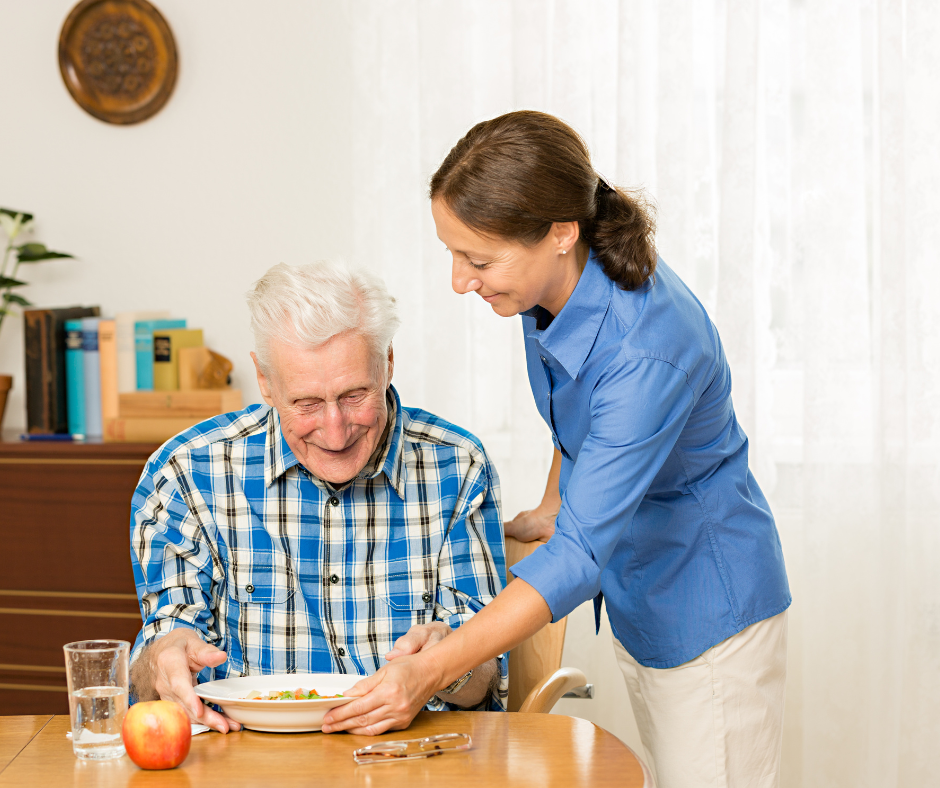Managing elderly incontinence as a caregiver
This entry was posted in August 9, 2023
Caregivers are empathetic, patient, encouraging, respectful… As a caregiver, you are their hand when they need to eat, you are their shoulder when they need a cry, you remember their grocery list when they go shopping, you become their emotional support when they need someone to talk to. You become so much more than just a caregiver tending to the needs of someone with limitations. More than 3 million people over 65 in our UK population suffer from incontinence in some form, and caring for someone with those kinds of issues can be challenging on top of all the other demands of the job. There are many different types of incontinence and establishing a routine between you and your patient is so important for the effectiveness of the issue.
Firstly, you would need to complete a thorough assessment to diagnose the case of incontinence and the severity. If you are not qualified to complete such assessment you should contact their local GP practice and book in an appointment with their nurse or doctor. During the assessment you would need to determine how often the incontinence issues are taking place and at what times of the day. Try and gather as much information regarding the individuals’ day-to-day routines, fluid intake and diet (as quite often this can trigger incontinence), prescriptions and abilities.
Once you’ve carried out the assessment and implemented the required steps to reduce the issues: fluid intake, constipation and urinary tract infections. You can then start with treatment options to soften the effects of incontinence: pads and pants, bed protectors, toileting accessories. It’s also important to remember practical elements to make not only your patient's day-to-day life easier but yours too: clothing fasteners or elastic waistbands for clothes for ease of removal for you as the carer, all clothing is machine-washable, pack an incontinence care kit with you wherever you go (extra pads and pats, personal wipes, change of clothes) and potentially and odour reducer to eliminate and disinfect anything lingering in the air.
Maintaining dignity in old age, and in the face of incontinence, can be very difficult, and it is vital that your patient, relative or loved one feels happy and comfortable with you as their caregiver. The person you are caring for may be deeply distraught and embarrassed about their incontinence, but as their caregiver you need to ensure you provide a safe space for the person to talk openly about their situation with you. If you need any more advice Age UK and the Better Health Channel have a great online platform for incontinence related issues.
Recent
Archive
- April 2024
March 2024
February 2024
January 2024
December 2023
November 2023
October 2023
September 2023
August 2023
July 2023
June 2023
May 2023
Older Posts

